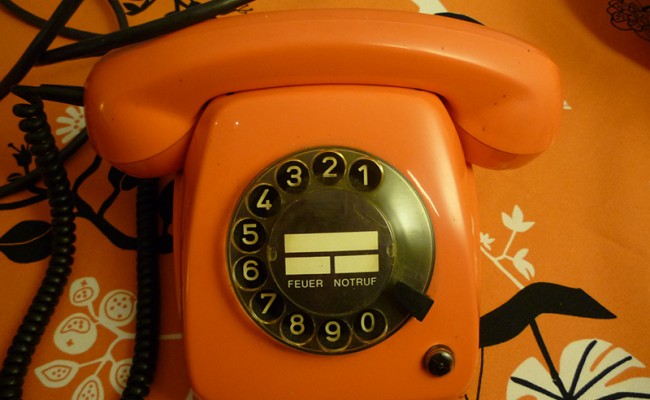Ali Cobby Eckermann
Judging this year’s Overland Judith Wright Poetry Prize was an exciting privilege. We received a very high number of submissions, suggesting poetry, both in its creation and value, is held in high regard in Australia.
In the true style of Judith Wright, there soon emerged poems about the environmental gaze cast over land, heartfelt rebellions of courage, and history, as it is understood by individual rapture. As an Australian poet I felt pleasantly relieved and rewarded by the high poetic quality of submissions. At a glance it was obvious the strongest voice belonged to a much younger voice than mine – a delightful hope for the future of Australian poetry!
Obviously, judging is an extremely difficult task, and this competition saw Toby and I chatting long into the nights to decipher both a longlist and shortlist, and to select the eventual winners. As all entries are judged blind, it was entirely surprising and delightful to learn the identity of the winners. A rousing congratulations to Evelyn Araluen and Rae White for the outstanding achievement.
Toby Fitch
Settling on a shortlist, let alone a winner, from nearly 1000 poems is an unsettling task. Devoid of author names, bios and achievements, the usual context for reading a poem is stripped back to the poem alone. This is liberating too, of course, even as it takes time for poems and voices to emerge from the screaming morass of submissions and the anxiety of decision-making.
Ali and I started our reading for the prize in December, taking until the end of January to narrow our list down to twenty-one distinctive poems. Over the next couple of weeks we compared our desires for poems that combine content and form, politics and play, music and feeling, and we came up with a shortlist that reflected a broad range of voices and poetics. These were poems that perhaps took longer than other flashier ones to gain our attention, but were poems that would eventually not let themselves be forgotten.
Ultimately, three poems had to be singled out for the ‘podium’, and yet all three could have won. Third-placed ‘Dropbear poetics’, a uniquely powerful poem by Evelyn Araluen, is a violent yet droll surprise attack on ‘Australian’ poetry of land, and white appropriation of Aboriginal culture.
Second-placed ‘what even r u?’, by Rae White, is insistent in its breaking down of binaries (gendered in particular but also linguistic, via puns and inversions) while expressing admirable patience in the face of intolerance and abuse.
‘Guarded by birds’, also by Evelyn Araluen and the poem to place first this year, crept up on both Ali and I – it is an outstanding evocation of grief caused by suicide and a deeply felt exploration of Indigenous ceremony. Its final lines are subtle, tenuous, open – and a letting go.
Congratulations to the winning, shortlisted, and commended poets! It was an honour to judge the prize this year with Ali Cobby Eckermann. We hope you enjoy reading the three winning poems published here.
Read the rest of Overland 230
If you enjoyed this piece, buy the issue




